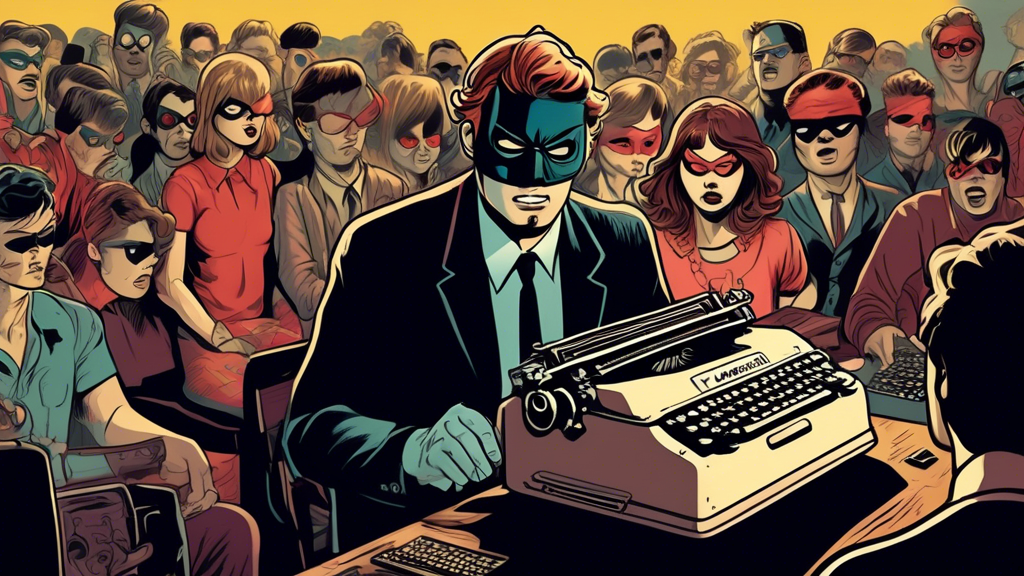Music Journalist Goes Anonymous for TTPD Review Following Rabid Swifties Sending Death Threats in 2019
In an unprecedented move that has reverberated through the spheres of music journalism and fan culture, a music journalist has chosen to remain anonymous while reviewing Taylor Swift’s latest album, The Taylor Project Deluxe (TTPD), a decision fueled by a harrowing experience back in 2019. The journalist, whose identity has been withheld for safety reasons, was subjected to severe online harassment and death threats from a small, aggressive subsection of Swift’s fanbase, colloquially known as Swifties, following a critical review of one of Swift’s previous albums.
The Spark of Controversy
The controversy began in 2019 when the journalist penned what they considered a fair and balanced critique of Swift’s work, pointing out both strengths and weaknesses as is standard in music criticism. However, the review did not sit well with a vocal minority of Swift’s fans, leading to an intense and frightening backlash. The journalist was bombarded with messages on social media, many of which contained explicit death threats and personal attacks. The situation escalated to such a degree that the journalist’s personal information was doxxed, leading to concerns for their physical safety as well as that of their family.
Choosing Anonymity for Safety
In the wake of these events, the journalist made the difficult decision to review Swift’s subsequent album under the cloak of anonymity. This decision, supported by their publication, highlights the growing challenges and dangers that music critics and journalists face in the age of digital media, where passionate fanbases can sometimes cross the line into harassment and intimidation. The choice to go anonymous also reflects a broader conversation about the need for safety protocols and support systems for journalists facing similar threats.
Fan Culture and the Dark Side of Devotion
While the vast majority of Swift’s fans are respectful and supportive, the actions of a few have cast a shadow over the fanbase, sparking debates about the darker aspects of fan culture in today’s digital age. It’s a stark reminder of how the anonymity of the internet can embolden certain individuals to engage in aggressive, and sometimes dangerous, behavior. The situation has also prompted discussions within the music industry and fan communities about how to foster a more respectful environment for dialogue and disagreement regarding artists and their work.
Looking Forward
The music journalist’s decision to go anonymous is a sobering indication of the current state of online discourse and the potential risks associated with public criticism. It underscores the importance of creating a safer online environment where differing opinions can be expressed without fear of retribution. For the music industry, fan communities, and social media platforms, this incident serves as a call to action to address and mitigate the negative aspects of fan culture, ensuring that the passion for music does not turn into a catalyst for harm.

